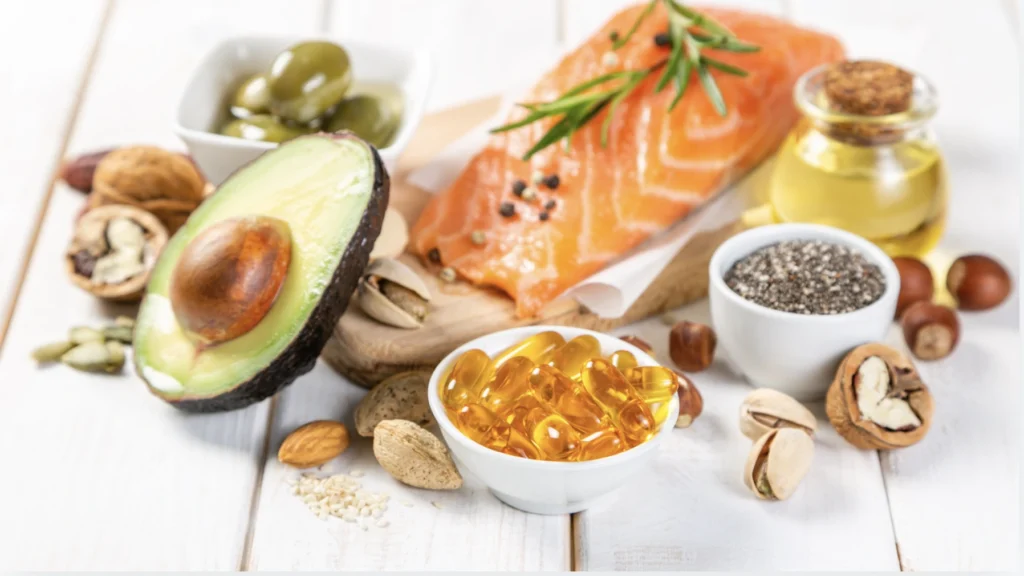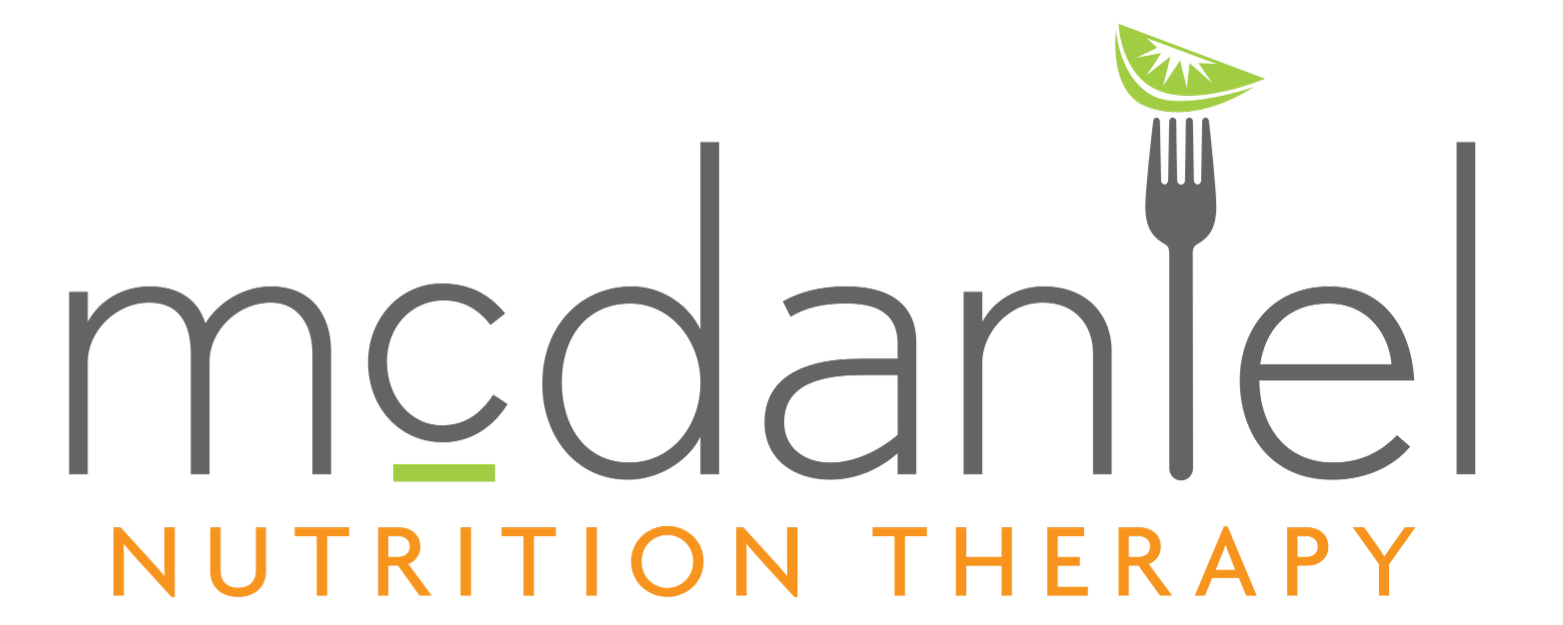Rethinking Fish Oil and Prenatal Nutrition
Pregnancy often involves navigating a world of supplements, especially prenatal vitamins. Many rely on these to fill nutritional gaps, hoping they’ll meet the needs of both mom and baby. However, food should always be the primary source of nutrients—and this is especially true during pregnancy.

Fish Oil Supplements: A Mixed Bag of Benefits
Fish oil supplements are often part of prenatal routines, particularly those containing DHA (docosahexaenoic acid), which is essential for fetal brain and eye development. It’s common for doctors to recommend prenatal vitamins that include DHA, especially since research shows that babies born to mothers who eat two servings of fish per week tend to score better on cognitive tests and demonstrate improved motor and communication skills.
However, the key point here is that most of these benefits are linked to eating whole fish rather than taking fish oil supplements. Current research on the benefits of fish oil supplements for pregnant women is mixed:
- DHA and EPA (eicosapentaenoic acid) in fish are both important, but many prenatal vitamins contain only DHA. While DHA supports the baby’s neural development, EPA plays a role in maternal mood regulation and may reduce the risk of postpartum depression.
- A 2023 review found limited evidence to support taking fish oil supplements as a substitute for whole fish. It suggested that supplements may provide some benefit if dietary fish intake is low, but the outcomes aren’t as robust as those from consuming fish directly.
In summary, while fish oil supplements aren’t harmful, they’re no substitute for eating fish. If you’re relying heavily on supplements, you might miss out on the synergistic benefits of whole foods.
Overcoming Barriers to Eating Fish
Some pregnant women turn to supplements because they don’t enjoy fish, worry about cooking it, or are concerned about contaminants like mercury. Let’s address those concerns:
1. Contaminants in Fish: What You Need to Know for Prenatal Nutrition
Current guidelines from the FDA and EPA recommend that pregnant and breastfeeding women consume 8 to 12 ounces of low-mercury fish per week—equivalent to 2-3 servings. The benefits of fish far outweigh the risks when you select the right types. Avoid high-mercury fish such as:
- Tilefish
- King mackerel
- Shark
- Swordfish
- Bigeye tuna and Grouper
However, plenty of other fish are safe and nutritious during pregnancy, including:
- Salmon
- Mahi mahi
- Cod
- Shrimp
- Tilapia
- Trout
- Halibut
These options are rich in omega-3 fatty acids and low in mercury, making them ideal choices for pregnant women.
2. If You Don’t Like Fish: Experiment with Preparation
If fish isn’t your thing, try different cooking techniques to find what works for you. Even if you’re not a fan of fattier fish like salmon, leaner varieties like cod or tilapia might appeal to you. Here are some ideas to help make fish more enjoyable:
- Fish tacos: Bake with taco seasonings, then add cabbage slaw and salsa.
- Baked in foil or parchment: Pair with herbs, olives, or tomatoes for a flavor boost (try our No-Flip Garlic Aioli Salmon)
- Grilled with fruit salsa: Add a sweet twist with pineapple or mango salsa on top.
- Salmon salad: Mix canned salmon with Greek yogurt, lemon, and dill for an easy lunch.
- Breaded and baked: Make kid-friendly fish sticks or serve with dipping sauces for the family.
The Big Picture: Food First, Supplements Second
Fish oil supplements can be useful for women who struggle to get enough omega-3s through diet, but they aren’t a magic bullet. Prioritize food first—especially fish—when building your prenatal nutrition plan. Whole foods offer a broader range of nutrients, including those not found in supplements, which benefit both you and your baby.
Still worried about contaminants or struggling to get fish into your routine? Talk with your doctor about high-quality fish oil supplements that contain both DHA and EPA. Look for third-party certifications like IFOS (International Fish Oil Standards) to ensure purity and safety.
Remember: Your health and your baby’s health are best supported by a balanced, food-first approach. Fish is not only safe—it’s highly beneficial. Give yourself (and your baby) every advantage by keeping it on your plate!
